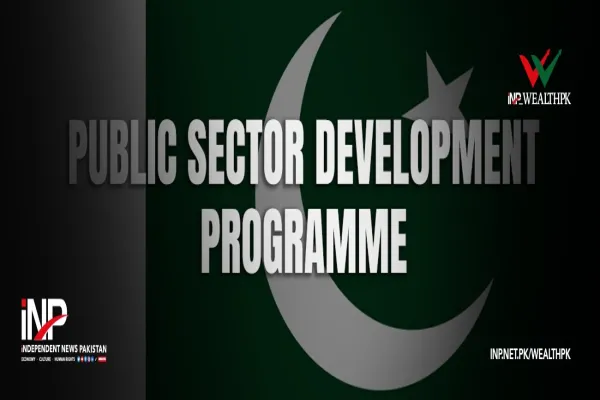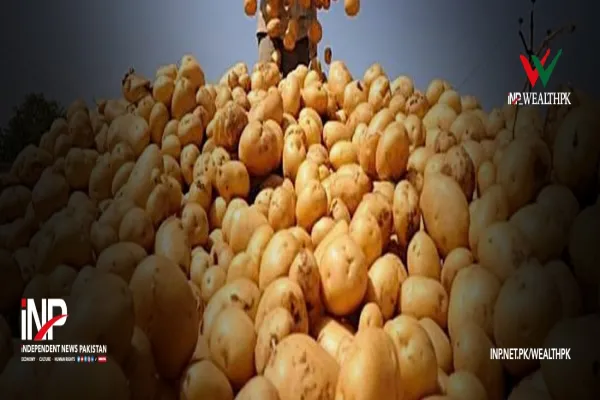i INP-WEALTHPK
Ayesha Saba

The growing tax burden on the small and medium enterprises (SMEs) is stifling their ability to remain competitive. These businesses, which are vital to Pakistan’s economic fabric, face increasing costs driven by the complex tax regimes, threatening their sustainability and long-term growth. Talking to WealthPK on the condition of anonymity, an official from the Pakistan Industrial and Traders Associations Front (PIAF) said the multifaceted tax structure in Pakistan has disproportionately impacted SMEs compared to the larger corporations. Indirect taxes, VAT, and sales taxes, in particular, increase the operational costs for smaller businesses, which already operate on tighter margins. “The compounded effect of the turnover tax on SMEs has resulted in higher operational costs, reducing their market competitiveness.
The SMEs are finding it hard to absorb the added tax costs, which are often passed down through the supply chain. This makes their products more expensive for consumers, further eroding their market share, both locally and internationally. “Many SMEs have faced financial difficulties, leading to downsizing or even business closures. These are already operating with tight profit margins, and this tax burden only increases their vulnerability,” he said. The SMEs are vital for innovation, job creation, and economic diversification, but the current tax structure is preventing them from realizing their full potential. He emphasized the need for a simplified tax regime that supports, rather than stifles, the small business operations. He argued that the government must implement reforms to create a level playing field for the SMEs.
One proposed solution is to introduce a differentiated tax structure that takes into account the size and capacity of businesses. Such a structure would exempt smaller enterprises from multiple instances of turnover tax throughout the production chain, reducing their cost burden and encouraging growth. Furthermore, the rising cost of fuel is one of the biggest challenges faced by the businesses today. Lower fuel costs would directly reduce transportation and production expenses, allowing businesses to remain competitive in both local and international markets. The Pakistan Industrial and Traders Association (PIAF) has echoed this sentiment, warning that if the fuel prices remain high, businesses will continue to face reduced profitability, leading to potential layoffs and decreased industrial output, he said.
Credit: INP-WealthPk









